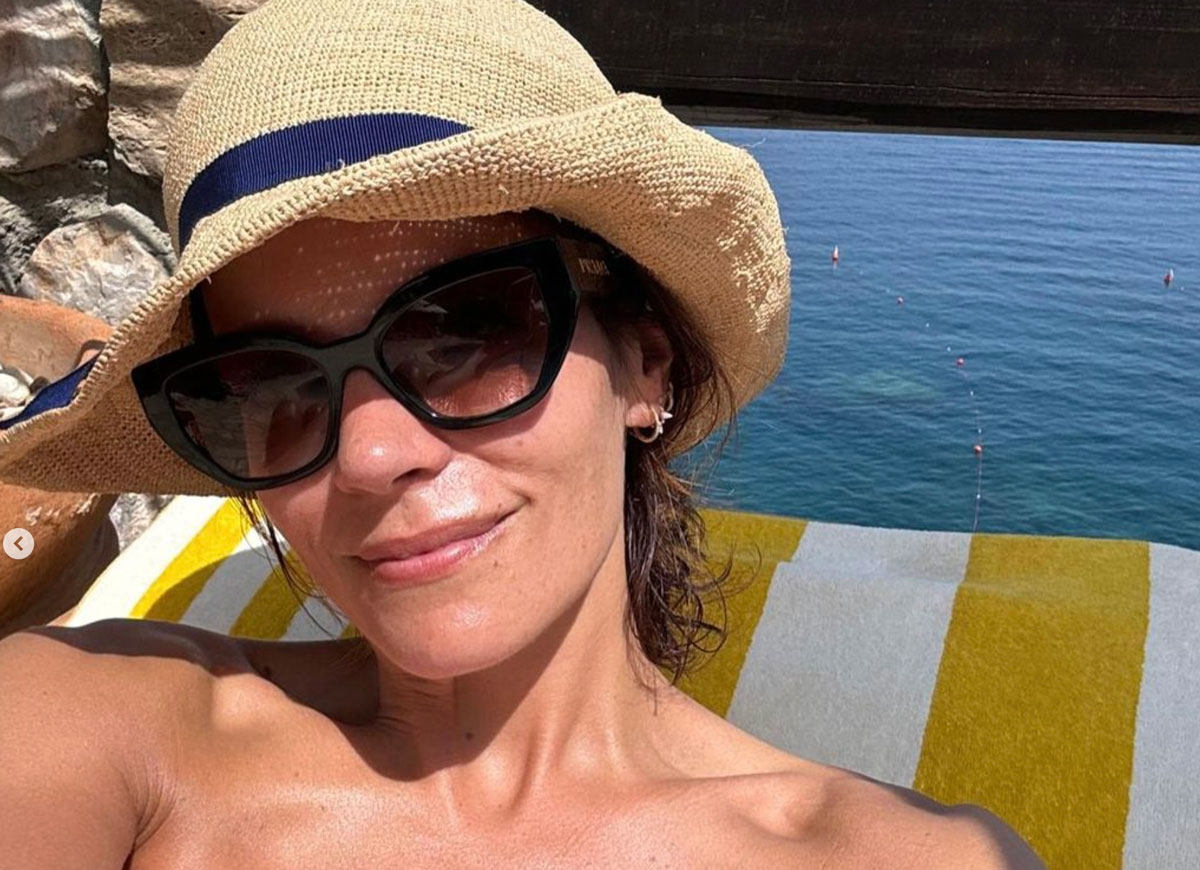'Cold Justice' Review: Docu-Drama About Unsolved Murders Is 'Law & Order' Without The Loved Detectives

3/5
TNT’s new docu-series Cold Justice premieres with “Small Town Suicide?” an episode that thrillingly tracks the opening of a cold-case involving the presumed suicide of a mother of two in Cuero Texas.
Cold Justice, plays like a ‘real-life’ Law & Order (in all its various spin-offs and forms). In fact, it is produced by Dick Wolf, who created Law & Order. The show follows Yolanda McClary, a former crime-scene investigator (CSI), and Kelly Siegler, a former prosecutor who has tried 12 cold-case murders, as the two investigate cold cases left open in small, American towns. The duo presents themselves as a team of no-nonsense crime fighters, though they freely admit what they cannot do. For example, they bring in a detective to help them re-investigate the case instead of masquerading as detectives despite their lack of credentials. One of the most admirable aspects of the show is how McClary and Siegler give credit to the local law enforcement members that have kept cold cases open. It would be easy to manipulate the situation to make McClary and Siegler appear more heroic – in the first episodes of Cold Justice, they don’t bring a whole lot to the cases other than modern technology and access to more expensive lab tests.
The case investigated in “Small Town Suicide?” was ruled a suicide eleven years ago when Pam was found dead on the floor of the bedroom she shared with her live-in boyfriend, Ronnie by her then 12-year-old daughter. Her family has always maintained that Pam’s death was not a suicide, but that it was Ronnie who shot her in the head. However, Ronnie’s family insists that that is simply not the case, and provides the detectives with testimony that they were with Ronnie at the time of the shooting. The local detective has always had his doubts, he says. Regardless of why a woman, who was ready to leave the house of her abusive partner with her two children, would commit suicide, the detective was always bothered by Ronnie’s past of domestic abuse.
Cold Justice is far from the first of its kind. In fact, Cold Case, a popular television series, ran for seven seasons 2003-2010. But, originality isn’t going to be a deciding factor in whether Cold Justice succeeds or not. The question is whether or not viewers will be satisfied with real cases that might not get resolved. And, whether a docu-drama can inspire audience retention the way Law & Order can.
The case explored in “Small Town Suicide?” is a perfect start to the show, mainly due to the presence of Pam’s daughter Kayla Suggs. Kayla provides the audience with an emotional anchor – she is the victim in this case. The plight of the loved ones left with more questions than answers is going to be enough to keep occasional viewers coming back, but what Law & Order depends on is the audience connection to the lead detectives. There’s a reason Mariska Hargitay, who stars as Olivia Benson in Law & Order: SVU, is the highest paid actress in television – she keeps the show alive. I’m not sure whether Siegler or McClary have that kind of power. The power to keep us interested for a few episodes, definitely, but the power to keep viewers coming back week after week in prime time… I just don’t think so. Maybe there’s a reason people watch fiction crime dramas instead of the local news.
To its credit, Cold Justice refrains from staging elaborate re-enactments that do nothing but remind the viewer about the lack of reality inherent in any recorded situation. Instead, McClary and Siegler go back to the scene of the crime (if possible) and act out the crimes to gain a better grasp on what happened. It will be interesting to see how these re-enactments play out in cases where the duo have no access to possible crime scenes. Still, though I appreciate the effort to steer away from exaggerated staging to recreate possible crime scenarios, I worry that the lack of style will do a disservice to the show. If the viewers are not coming back every week to watch the main players, they come back to watch a specific tone and style of television. The problem with Cold Justice is that, so far, it doesn’t have main characters audiences can really attach themselves to and it’s not shot well enough to be enjoyable to watch based on aesthetics alone.
Cold Justice airs Tuesdays at 10 P.M. on TNT.
RELATED ARTICLES
Get the most-revealing celebrity conversations with the uInterview podcast!



 by
by ![When Are The SAG Awards? Who’s Nominated? [FULL LIST]](/blank.gif)



Leave a comment